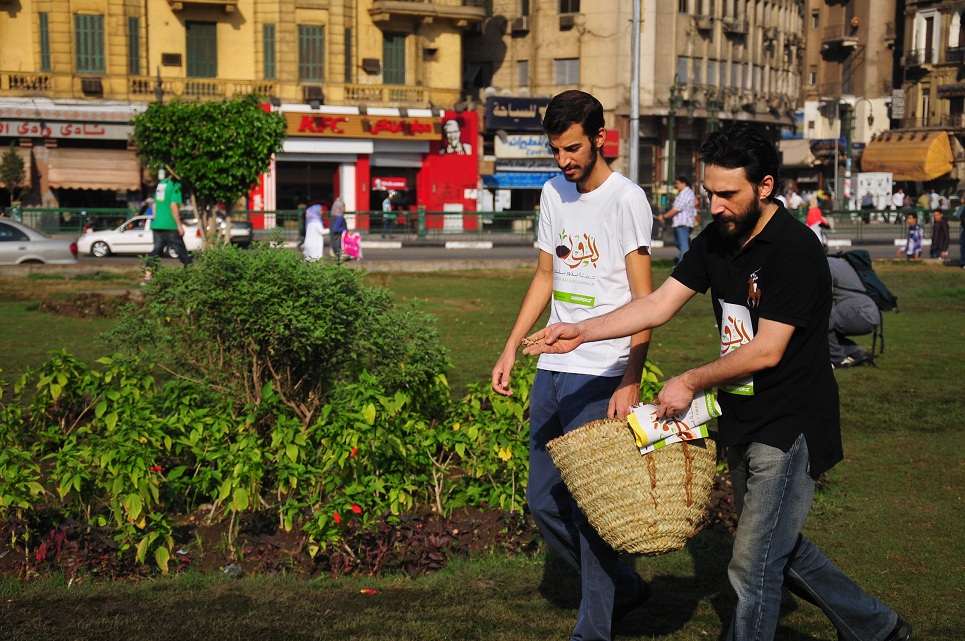Reuters CAIRO: Egypt has detected four new cases of bird flu in poultry, the first infections found in two months of a disease that has killed six people in the country this year and wracked its poultry industry, officials said on Monday. Three of the cases were found late last week in so-called backyard, or domestically bred, poultry in the Egyptian capital while a fourth was detected in a village near the southern city of Sohag, an agriculture ministry official said. The cases of the highly pathogenic H5N1 avian influenza virus were the first detected in birds in Egypt in roughly two months. Egypt has had the largest cluster of human bird flu cases outside of Asia. No human cases have been reported since May. It is significant, Hassan El-Bushra, regional adviser for communicable diseases surveillance at the World Health Organization, said of the new poultry cases. It tells us that the virus is still circulating. Bird flu infected 14 Egyptians, killing six, between March and May after the virus first surfaced in Egyptian poultry in February. The outbreak caused panic in Egypt, where chicken is a major source of protein and where poor families frequently breed chicken domestically in cities and rural areas to supplement their diet and income. Chickens on rooftops may be particularly susceptible to catching the virus from infected migrant birds, which fly along the densely populated Nile valley during migration, experts have suggested. The new bird flu cases found in poultry mean that there is still a risk of human cases in Egypt, but a large outbreak was less likely to take hold or spread so long as Egypt continues to vaccinate poultry, the World Health Organization s Bushra said. The risk is going to be much less than what we had before, but it is still there, Bushra told Reuters, adding Egypt had a more than adequate supply of Tamiflu, an anti-viral medication thought to be the best way to fight bird flu in humans. It s not going to be the same … If the virus emerges again, it wouldn t spread rapidly because the poultry would be vaccinated. It may come to a dead end, he said. The vast majority of Egyptian commercial poultry flocks have been vaccinated, while 20 percent of domestic birds had received vaccines, the agriculture ministry official said. Most of the people infected in Egypt became ill after coming into contact with backyard birds, officials said. Egypt has culled 30 million birds since February to contain the virus. An official from the Food and Agriculture Organization said the expected onset of cooler weather in the autumn could still cause a flare-up of cases in poultry, and urged increased surveillance accompanied by a fair compensation scheme. The weather is getting colder … It might flare up the situation. The virus likes colder weather, said Talib Ali, FAO s regional officer for animal health. Two separate officials said the onset of warm weather, combined with Egyptian government measures, may have helped keep the virus at bay during the summer months. Officials said Egypt detected the four new poultry cases during a surveillance and testing campaign, stepped up in recent weeks, that included random checks on domestic poultry.

